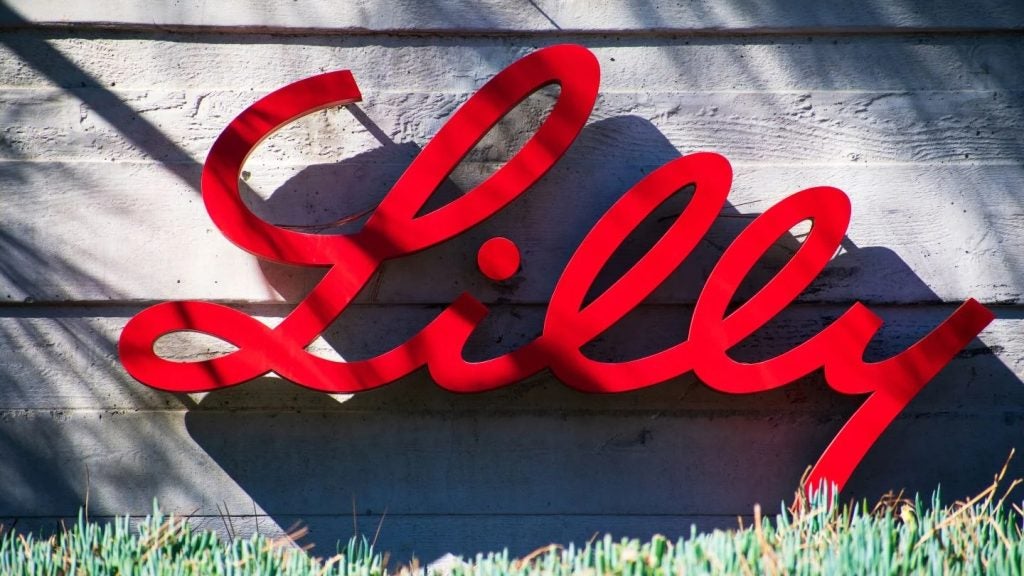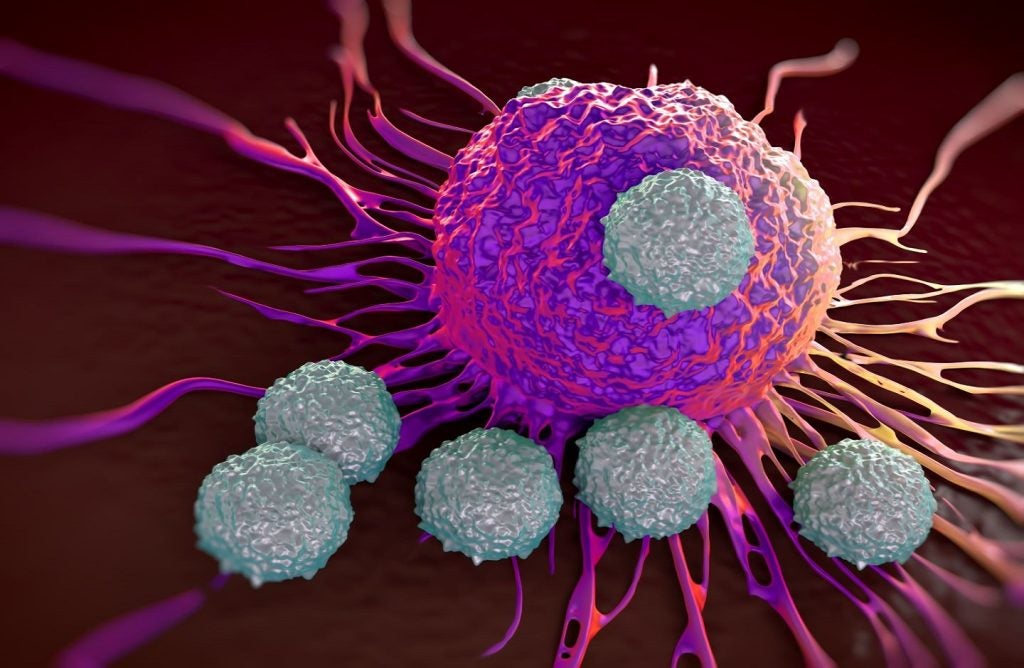A District Judge sided with Eli Lilly yesterday (26 September), overturning a $176.5m jury ruling that it had infringed upon Teva’s patent for the migraine drug Ajovy. Lily’s own drug, Emgality, utilises a similar mechanism for mitigating migraines, inhibiting calcitonin gene-related peptides (CGRP) that cause pain.
The overturning of a jury verdict is extremely rare, but possible if there is overwhelming evidence contrary to their decision. In this case, District Judge Allison Burroughs found the three patents Teva had filed indefensible, writing that “even viewing the evidence in the light most favourable to the verdict, the Asserted Claims are broad.”
The case hinged on whether Teva had the right to patent CGRP antibodies as a whole based on it being the first company to prove - and then commercialise - its ability to treat migraines with its G1 antibody.
Eli Lilly argued successfully that its own antibody, galcanezumab, was substantively different to G1, and that the process used to create these antibodies was widely known in the industry. The active ingredients are only around 50%-60% similar and given the “mind-bogglingly large” number of antibodies that could fit within the asserted claim, it was ruled unreasonable to classify galcanezumab, and therefore Emgality, as covered by the patent.
It is possible that the original claim was motivated by something other than simply a desire to protect intellectual property, however. Eli Lilly is simply a larger company, and its drug appears to be more effective across a wider range of headache types than Ajovy.
When Emgality was approved for cluster headaches in 2019, GlobalData predicted that it would provide Lilly with dominance in the migraine market. Based on the company’s data, this appears to be the case: Emgality’s sales hit $650m in 2022, and are expected to grow at a compound annual growth rate (CAGR) of 10.4% between 2022 and 2029, reaching $1.3bn.
In contrast, Ajovy’s sales were only $342m last year, and despite a higher CAGR are only forecast to reach $719m by 2029, only overtaking Emgality’s 2022 sales in 2027. It is possible that Teva decided to fight the case originally despite knowing it was likely to lose in order to defend its market position, particularly as there are currently two other migraine treatments that attack CGRPs on the US market.
Our signals coverage is powered by GlobalData’s Thematic Engine, which tags millions of data items across six alternative datasets — patents, jobs, deals, company filings, social media mentions and news — to themes, sectors and companies. These signals enhance our predictive capabilities, helping us to identify the most disruptive threats across each of the sectors we cover and the companies best placed to succeed.















